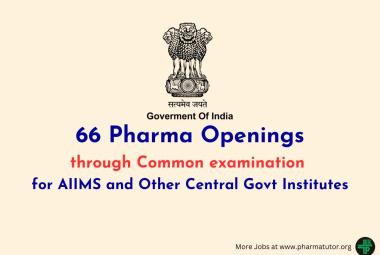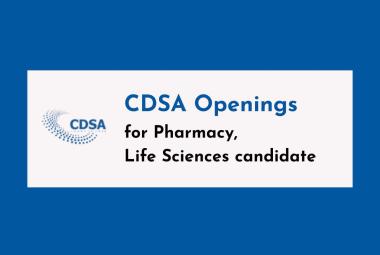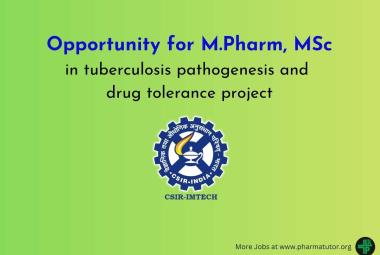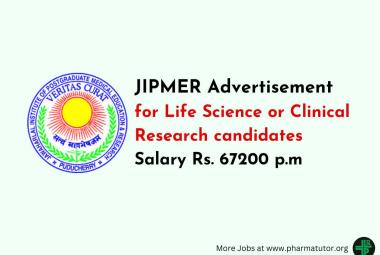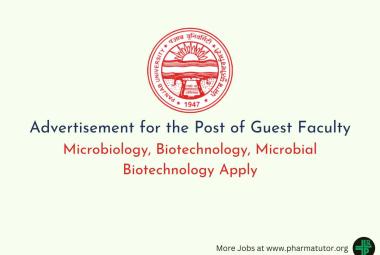Vacancies for STATE HEAD (DEPUTY MANAGER / ASSISTANT MANAGER) in HLL Lifecare - 8 posts
HLL Lifecare Limited, a Mini Ratna Central Public Sector Enterprise under the Ministry of Health & Family Welfare, Govt. of India is a global provider of high quality healthcare products & services. With state-of-the-art manufacturing facilities spanning across India, HLL is diversifying into vaccine manufacturing, lifecare services, sanitary napkins besides engaging in procurement consultancy, healthcare infrastructure development and facility management.
Post: STATE HEAD (DEPUTY MANAGER / ASSISTANT MANAGER)



 ABOUT AUTHORS:
ABOUT AUTHORS: 